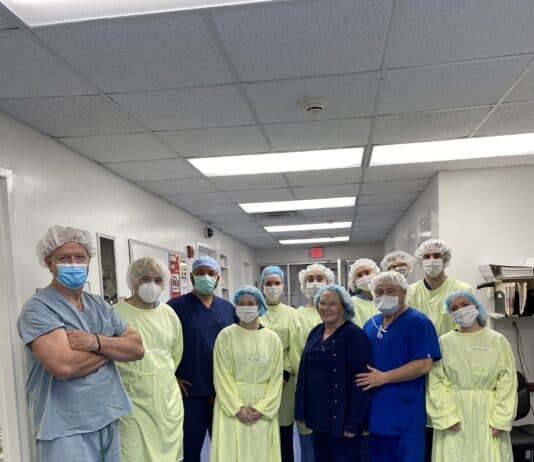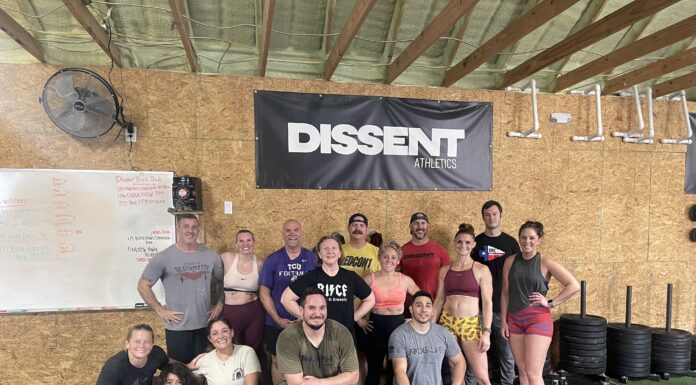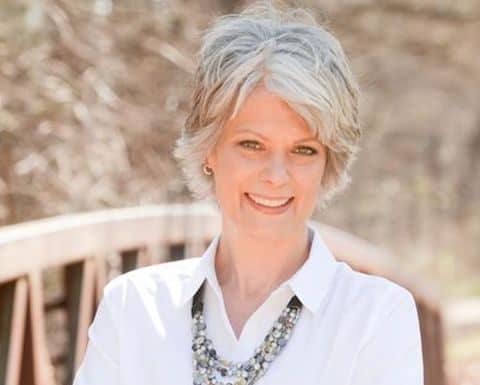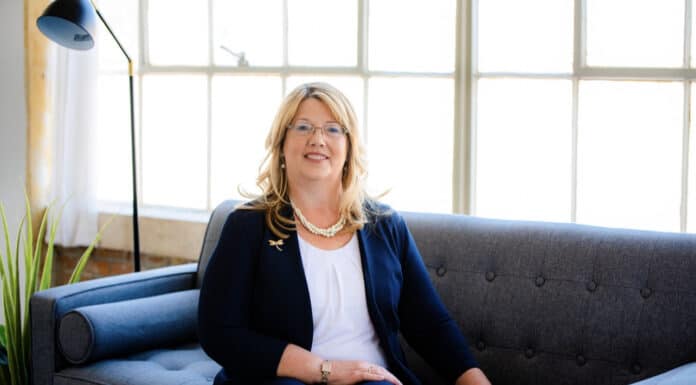Will there be a Walmart super school or an Amazon academy in the future? Will Elon Musk get involved? Will private companies in China decide to invest in “public” education in America? Or maybe will there will be a Dollar General campus on a corner near you?

Thus are some of the speculations, wild but perhaps not, of public school supporters. Many were alarmed by the outline of a program that Texas Governor Greg Abbott proposes universal ESA (educational savings accounts) that work like school vouchers. He plans to present it in the upcoming legislative session. ESAs will prove much more attractive in that it removes objections from private religious schools as the money comes from the parent and not directly from the government.
Abbott and other public leaders have championed this plan to reduce the cost of education to the taxpayers of the state by offering the greatly expanded choice program to parents. The thought behind the popular choice program is that it will encourage an entrepreneurship approach to education where privately owned schools will compete in the open market for the taxpayer dollar.
What is school choice? EDChoice defines it this way, “In a nutshell: School choice allows public education funds to follow students to the schools or services that best fit their needs —whether that’s to a public school, private school, charter school, home school or any other learning environment families choose.”

This open market approach allows the state to assume a regulatory role or oversight as opposed to maintaining a large and extensive education department tasked with the direct operation of the system. The monies savings can thus be spent on other priorities such as roads and infrastructure projects. It also allows the state to reduce property taxes across the board. Note: property taxes are the major source of funds for public education.
Why is this controversial? “Opposition to the school choice movement comes from those who argue that the emphasis on school reform should be on improving all public schools, not pitting one against the other or funneling scarce tax dollars into private and parochial schools,” per the Constitutional Rights Foundation.

What will it lead to? Many fear that this will mean an end to the local school tied to the community. There is still speculation and plenty of questions. Does an open market allow private entities operating an elementary, junior high, and high school to offer “scholarships” to students to attract the best and brightest and allow for open bidding for students? There are no residency requirements for any of these schools yet for most, there is no transportation offered so does that lead to “no choice” for other students?
What about the traditional business cycle? The first burst of activity after the birth of a new business opportunity is exciting with individuals jumping in to start their own ventures. Lots of deals and special buy-ins. That usually fades quickly as only the well-funded ventures survive while the rest merge, sell out, or claim bankruptcy. The offerings becoming fewer and for the survivors, it is more about streamlining, cutting costs, and concentrating on what sells.

Does this ebb and flow of businesses work in education? This simply raises more questions. How does that model fit with providing a strong consistent long-range K-12 education for all – rich, poor, minority, diverse, urban, and rural? What does it mean to teachers? How will it affect salaries? Will the state maintain a salary scale with a guaranteed livable salary or will there be open bidding for the top teachers? Will the quality of the program and salary & wages depend just on what the business can afford? And just as significantly will these schools be required to have true parental oversight of the operations or is it simply “buyer beware”?
Will voters get a “choice” of direct voting? The new proposals and the rollout of them as they are approved by state legislatures i.e. Texas, Arkansas, and Louisiana so far have not provided for direct voting on these revolutionary and far-reaching concepts. The present option is to wait until the next election cycle, well after the new programs have been approved and implemented.
Once implemented can you ever go back?
What now? Publicly funded education has been a part of America since the early 1800s. The overwhelming majority of Americans have received their education this way. It is accepted that Americans are among the most highly educated people in the world. But the present system like most human endeavors has its flaw. The question remains have we truly found a better solution or is this just a passing fad? Currently, there are 23 states that offer some type of voucher program. Texas has allowed charter schools that do receive funds from the state and generally are held accountable to state standards and mandates. ESA/vouchers would be used to fund private schools that do not have to meet public school accountability standards.

The KISD Superintendent, Chad Gee, will accompany members of the KISD Board of Trustees to Austin within the next two weeks in search of answers and express their opinion.
They are very concerned. You can let them know how you feel via these links, KISD School Board and the KISD Superintendent.







































